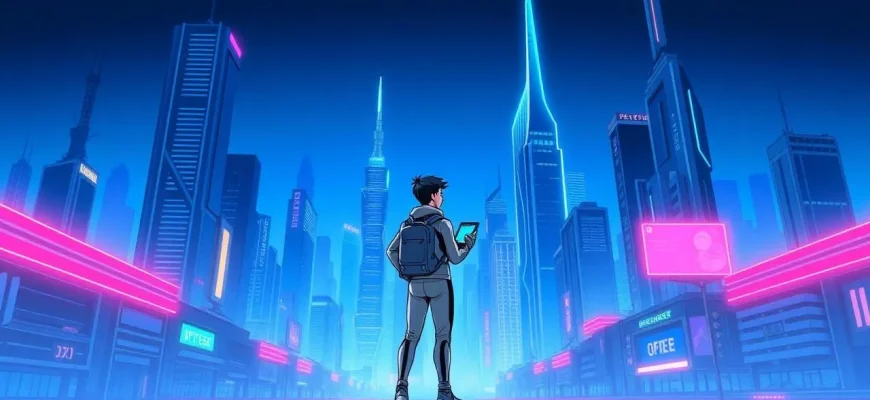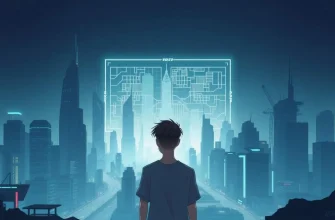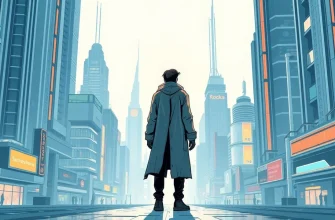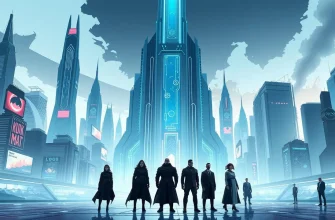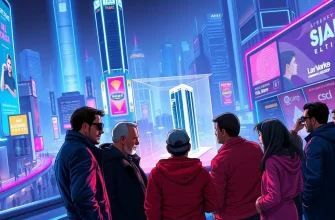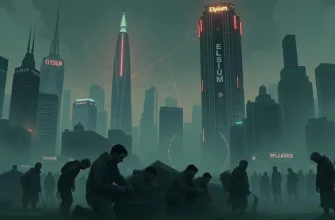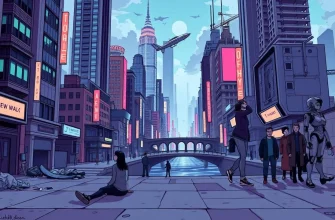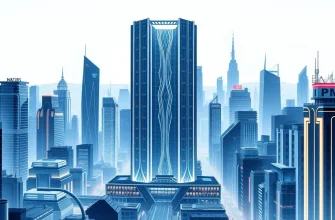Science fiction has always been a mirror reflecting our societal fears, hopes, and potential futures. This curated list of 10 films delves into the intricate tapestry of human society, exploring themes from dystopian futures to utopian dreams, from technological advancements to societal breakdowns. Each film not only entertains but also provokes thought, making us ponder the trajectory of our own world. Whether you're a fan of speculative fiction or simply curious about what the future might hold, these movies offer a fascinating journey through time, space, and the human condition.

A Clockwork Orange (1971)
Description: Stanley Kubrick's adaptation of Anthony Burgess's novel explores a future where youth violence is rampant, and the state uses extreme measures to control behavior. It's a chilling look at free will, morality, and societal control.
Fact: The film was banned in several countries due to its graphic violence and controversial themes.
 Watch Now
Watch Now 
Brazil (1985)
Description: A dystopian satire where bureaucracy and technology have run amok, creating a nightmarish society where one man's quest for love and freedom leads to a surreal adventure. It's a dark comedy that critiques the dehumanization of society.
Fact: The film's title refers to the song "Aquarela do Brasil," which plays during a dream sequence, symbolizing escape from reality.
 Watch Now
Watch Now 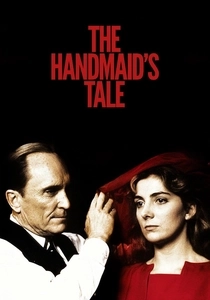
The Handmaid's Tale (1990)
Description: Based on Margaret Atwood's novel, this film depicts a dystopian society where fertile women are forced into sexual servitude to repopulate a world devastated by environmental disasters and declining birth rates.
Fact: The film was overshadowed by the more recent TV series adaptation but remains a poignant adaptation of the novel.
 Watch Now
Watch Now 
Gattaca (1997)
Description: Set in a future where genetic engineering determines one's social class, this film follows a "genetically inferior" man's struggle to achieve his dream of space travel. It raises questions about eugenics, discrimination, and the essence of human potential.
Fact: The name "Gattaca" is derived from the four DNA nucleotides: Guanine, Adenine, Thymine, and Cytosine.
 Watch Now
Watch Now 
The Matrix (1999)
Description: This groundbreaking film explores a world where reality is simulated by sentient machines to distract humans while their bodies are used as an energy source. It's a profound commentary on the nature of reality and the control exerted by technology over society.
Fact: The film's "bullet time" effect, where the camera seems to move around a frozen scene, was a revolutionary visual technique at the time.
 Watch Now
Watch Now 
Equilibrium (2002)
Description: In a future where emotions are outlawed to prevent war, a law enforcement officer begins to question the regime after missing his dose of emotion-suppressing drugs. This film delves into themes of individuality, freedom, and the cost of societal peace.
Fact: The film was inspired by Ray Bradbury's "Fahrenheit 451" and Aldous Huxley's "Brave New World."
 Watch Now
Watch Now 
The Island (2005)
Description: In a seemingly utopian facility, residents are told they are survivors of a global contamination, but the truth is far more sinister. This film explores themes of cloning, identity, and the ethics of human life.
Fact: The film's concept was inspired by the 1979 film "Parts: The Clonus Horror."
 Watch Now
Watch Now 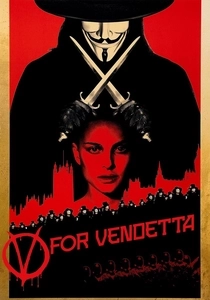
V for Vendetta (2005)
Description: In a totalitarian England, a masked vigilante known only as "V" fights to overthrow the oppressive government. The film examines themes of freedom, resistance, and the power of ideas.
Fact: The iconic mask worn by V was inspired by Guy Fawkes, who attempted to blow up the English Parliament in
 Watch Now
Watch Now 
Elysium (2013)
Description: In a future where the wealthy live on a luxurious space station while the rest of humanity suffers on a ruined Earth, one man's quest for survival challenges the societal divide. It's a critique of class disparity and healthcare access.
Fact: The film's visual effects were nominated for an Academy Award.
 Watch Now
Watch Now 
Her (2013)
Description: A lonely man falls in love with an advanced operating system, exploring themes of love, loneliness, and the evolving relationship between humans and technology in society.
Fact: The film's script was inspired by director Spike Jonze's own experiences with technology and relationships.
 Watch Now
Watch Now 
